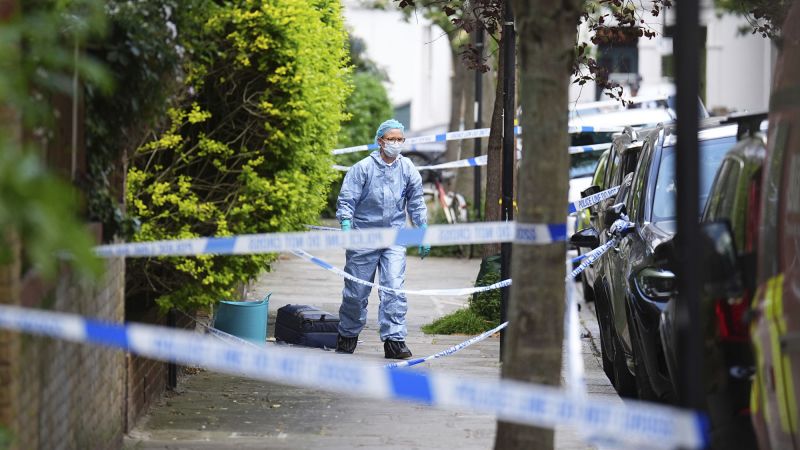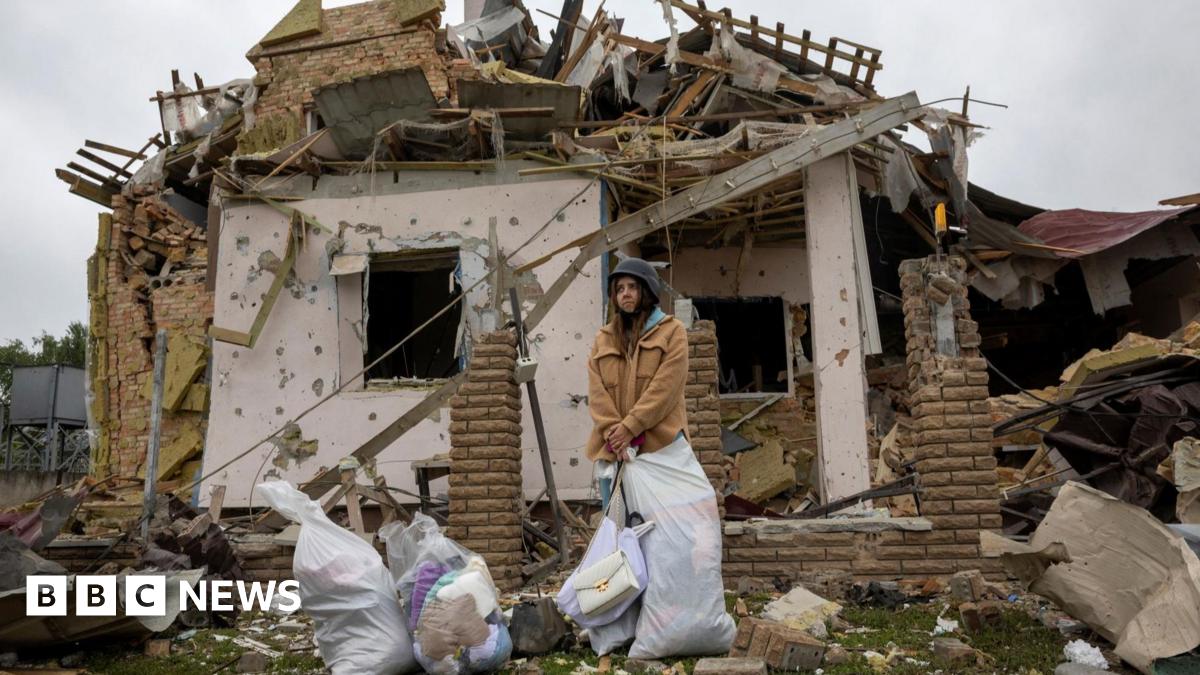Ramaphosa's Measured Response to Trump's Claims Praised as Diplomatic Masterclass

Ramaphosa's Measured Response to Trump's Claims Praised as Diplomatic Masterclass
Johannesburg – South African President Cyril Ramaphosa has garnered widespread praise for his calm and collected response to unsubstantiated allegations made by U.S. President Donald Trump regarding the persecution of white people in South Africa. Trump’s remarks, widely dismissed as false and politically motivated, sparked international concern and raised questions about the potential impact on relations between the two nations.
The controversy began when Trump tweeted about the situation, claiming that white South Africans were being “murdered” and that the U.S. would “watch the situation closely.” These claims were immediately refuted by South African government officials, human rights organizations, and independent media outlets. The reality is that South Africa, like many nations, faces challenges with crime and inequality, but the narrative of widespread persecution of white people is a gross misrepresentation of the facts.
Ramaphosa’s reaction stood in stark contrast to the inflammatory rhetoric from Washington. Instead of engaging in a public back-and-forth, he opted for a measured and diplomatic approach. He expressed disappointment with Trump’s comments, emphasizing the importance of accurate information and respectful dialogue. He also highlighted the ongoing efforts of his government to address crime and inequality, and to promote reconciliation and social cohesion within South Africa.
“President Ramaphosa demonstrated exceptional leadership and restraint in the face of unwarranted attacks,” commented Nomusa Mtambo, a political analyst at the University of Johannesburg. “His response avoided escalating the situation and instead focused on presenting a factual and nuanced picture of South Africa.” Alexander, a senior researcher at the Institute for Security Studies, echoed this sentiment, stating that Ramaphosa’s approach “protected South Africa’s reputation and avoided a diplomatic crisis.”
The situation underscores the delicate balance that African leaders often face when dealing with powerful Western nations. Ramaphosa’s ability to navigate this situation with such poise has been seen as a testament to his diplomatic skills and a victory for South Africa’s standing on the global stage. The incident has also prompted renewed calls for greater scrutiny of misinformation and the importance of relying on credible sources of information when discussing sensitive geopolitical issues.
Furthermore, the incident highlights the complex historical context of South Africa, including the legacy of apartheid and the ongoing struggle to address economic disparities. While crime remains a serious concern, attributing it to the persecution of a specific group is a dangerous oversimplification that ignores the underlying social and economic factors at play. Ramaphosa’s commitment to addressing these challenges – through initiatives aimed at job creation, education, and social justice – is crucial for ensuring the long-term stability and prosperity of South Africa.
The international community has largely supported Ramaphosa's stance, with many leaders and organizations condemning Trump's remarks as inaccurate and divisive. This incident serves as a reminder of the importance of responsible leadership and the need for accurate information in shaping public opinion and influencing international relations.






